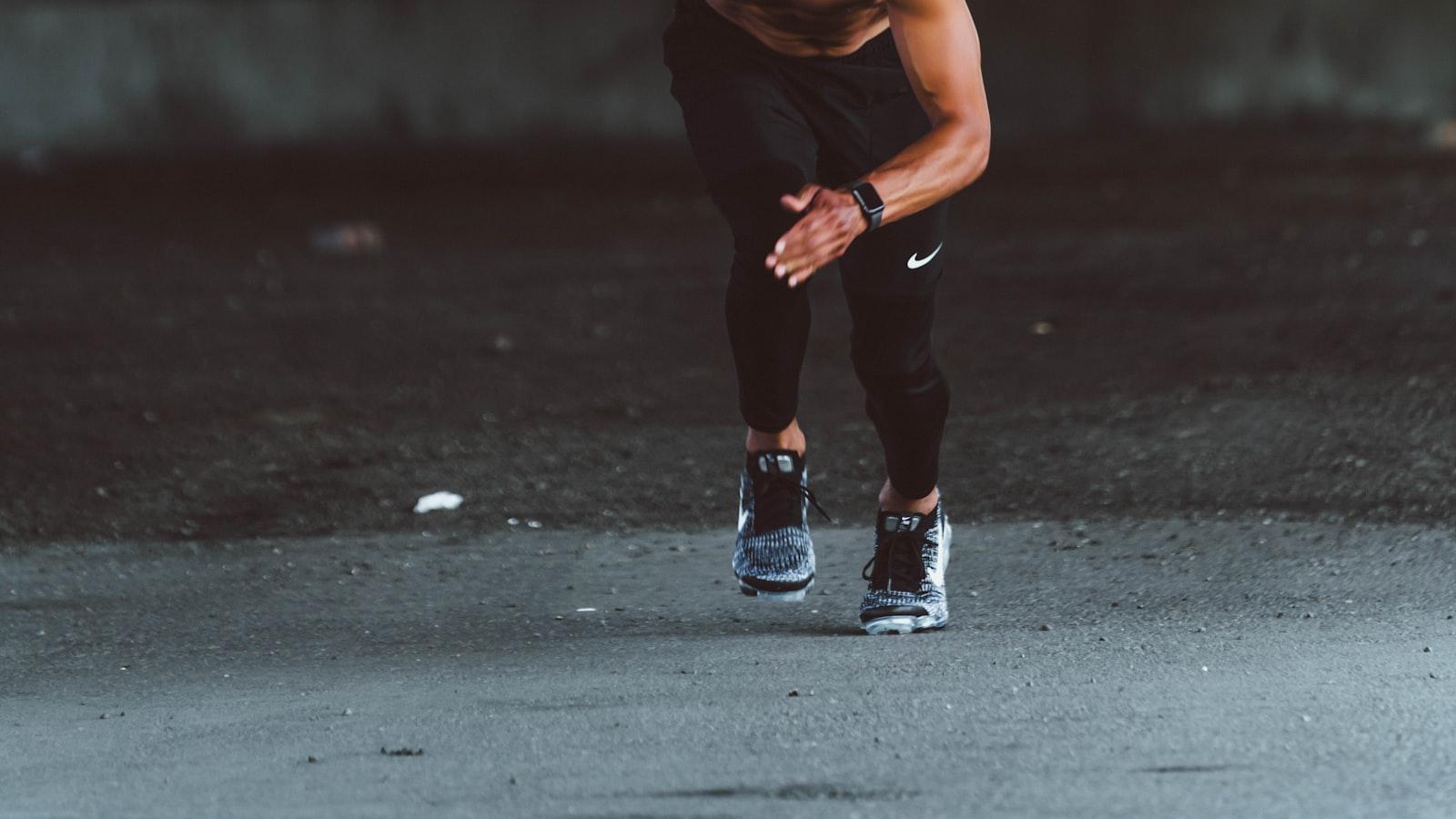In the world of running, there has always been one question that stirs up passionate debate among athletes and experts alike - when is the optimal time to hit the pavement: morning or evening? Some swear by the energy and freshness of a morning run, while others thrive on the calming solitude of an evening jog. Join us as we delve into “The Great Debate” and explore the science behind choosing the perfect time to lace up your shoes and go for a run.
Morning vs. Evening: The Science Behind Performance Differences
When it comes to deciding whether to run in the morning or evening, it’s essential to consider the science behind the performance differences that may affect your workout. Consistency with your training schedule is crucial, but determining the best time to run can optimize your performance and results. Here are some factors to consider:
- Morning Runs:
- Pros:
- – Increased metabolism
- – Enhances mental clarity and focus
- Cons:
- – Higher risk of injury due to stiff muscles
- – Takes time to fully wake up and energize
- Evening Runs:
- Pros:
- – Body is warmed up, reducing risk of injury
- - May improve sleep quality
- Cons:
- – Potential decrease in motivation after a long day
- – Increased levels of cortisol, which can affect performance

Choosing the Best Time for Your Personal Running Schedule
One of the biggest debates among runners is whether it is better to hit the pavement in the morning or the evening. Each time of day has its own advantages and disadvantages, so it ultimately comes down to personal preference. Morning runners often enjoy the peace and quiet of an early workout, while evening runners may benefit from increased muscle strength and endurance due to increased circulation later in the day. Consider these factors when choosing when to lace up your sneakers:
- Energy Levels: Pay attention to when you feel most energized throughout the day. Some people may find that they have more energy in the morning, while others prefer to run in the evening after a long day.
- Temperature: Consider the weather conditions during the time of day you plan to run. Running in the cool morning air may be more comfortable for some, while others may enjoy the warmth of an evening run.
- Schedule: Think about your daily commitments and when you can realistically fit in a run. It’s important to choose a time that works best for your lifestyle and allows you to stay consistent with your training.
To Conclude
the debate between running in the morning versus the evening ultimately comes down to personal preference and individual circumstances. Both times of day have their own unique benefits and drawbacks, so it’s important to consider what works best for your schedule, energy levels, and goals. Whether you’re an early bird chasing the sunrise or a night owl chasing the moonlight, remember that consistency and dedication are key to achieving your running goals. So lace up your shoes, hit the pavement, and let the great debate inspire you to find your optimal running time. After all, the best time to run is whenever you can make it happen. Happy running!











Leave a Reply